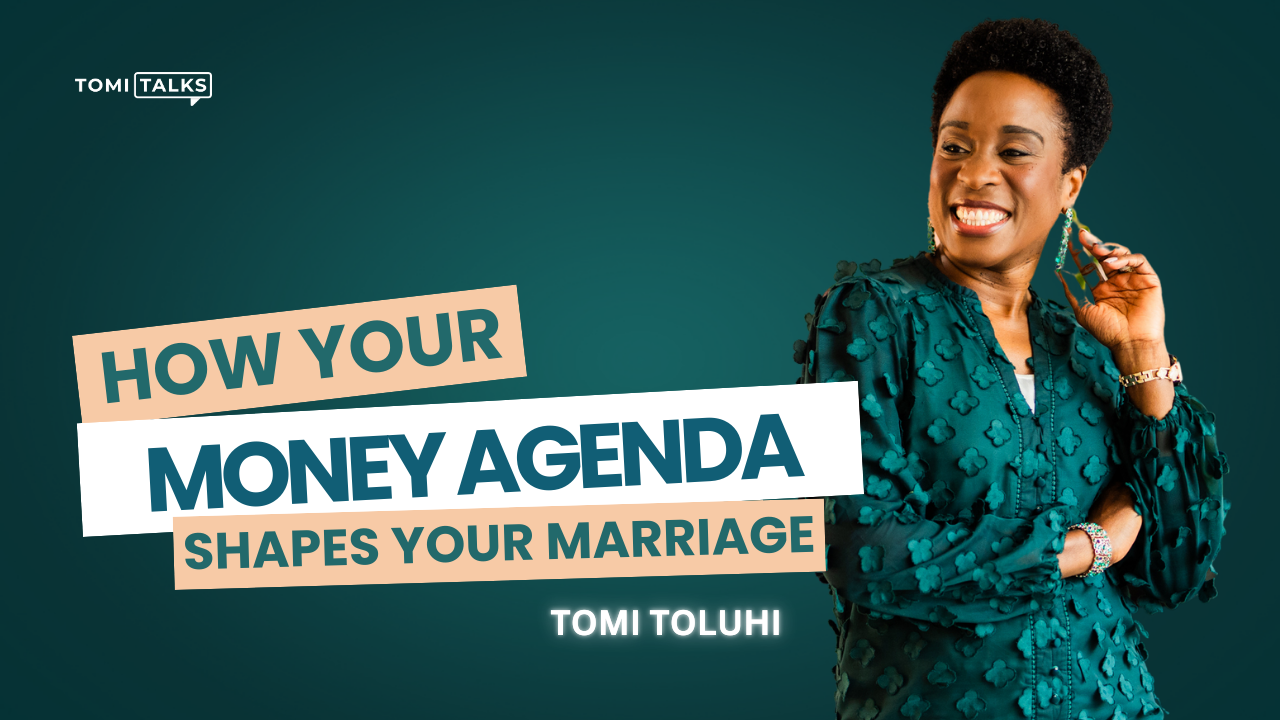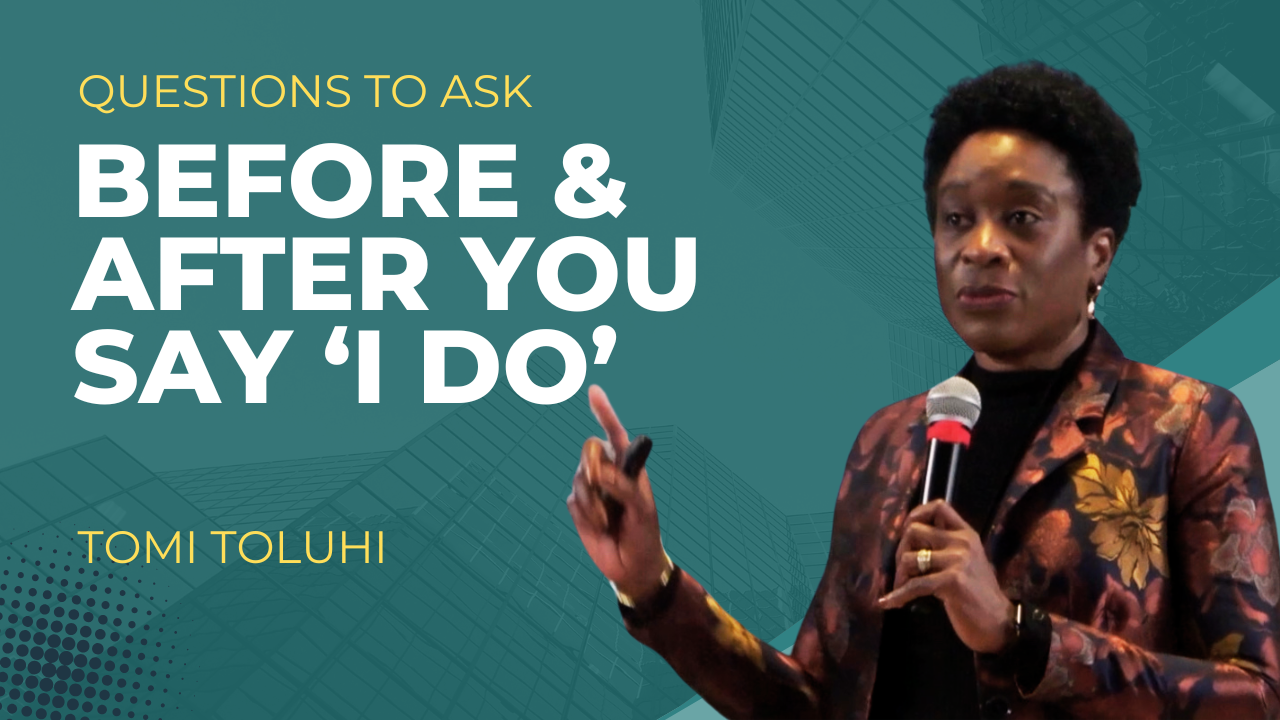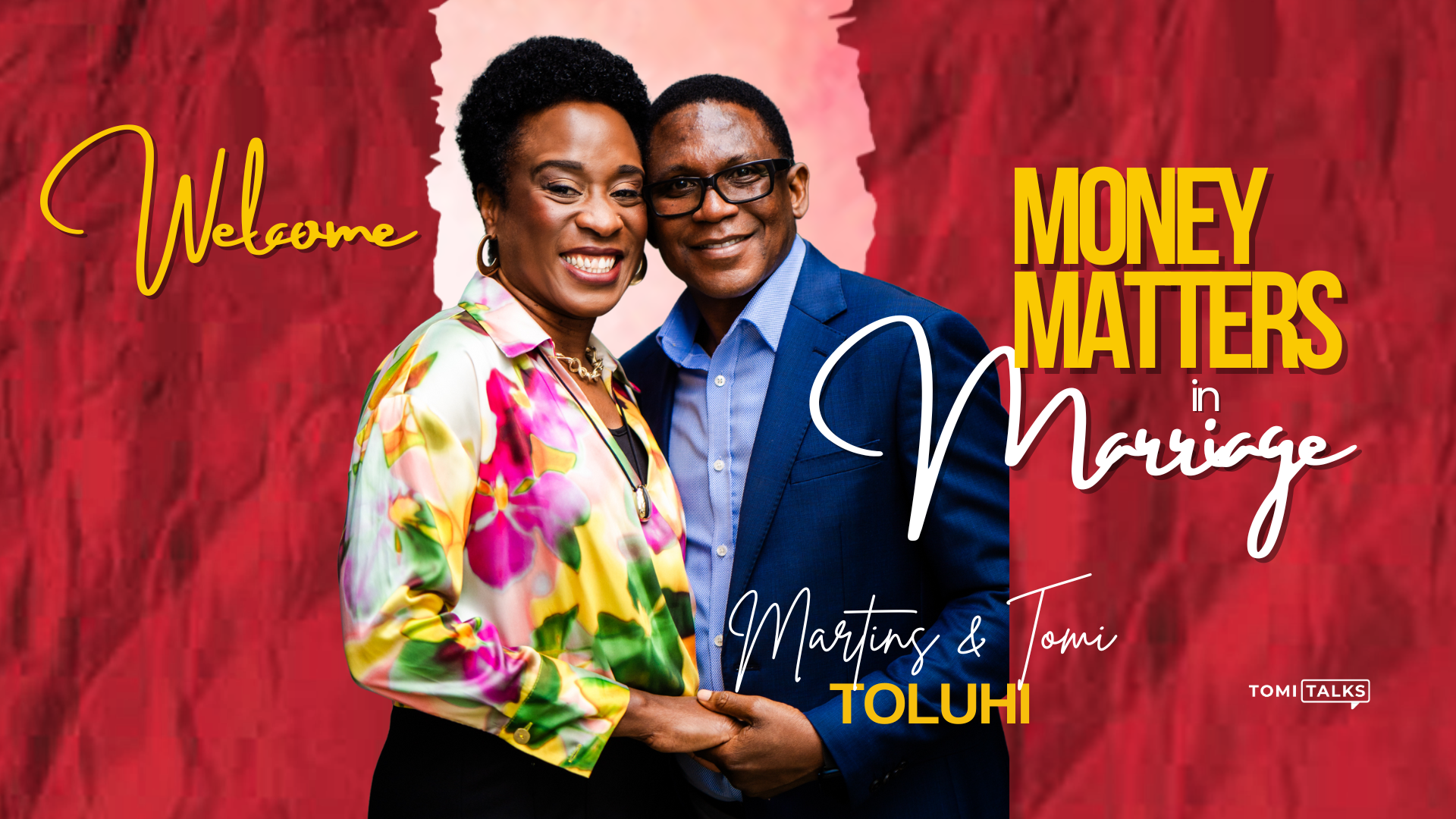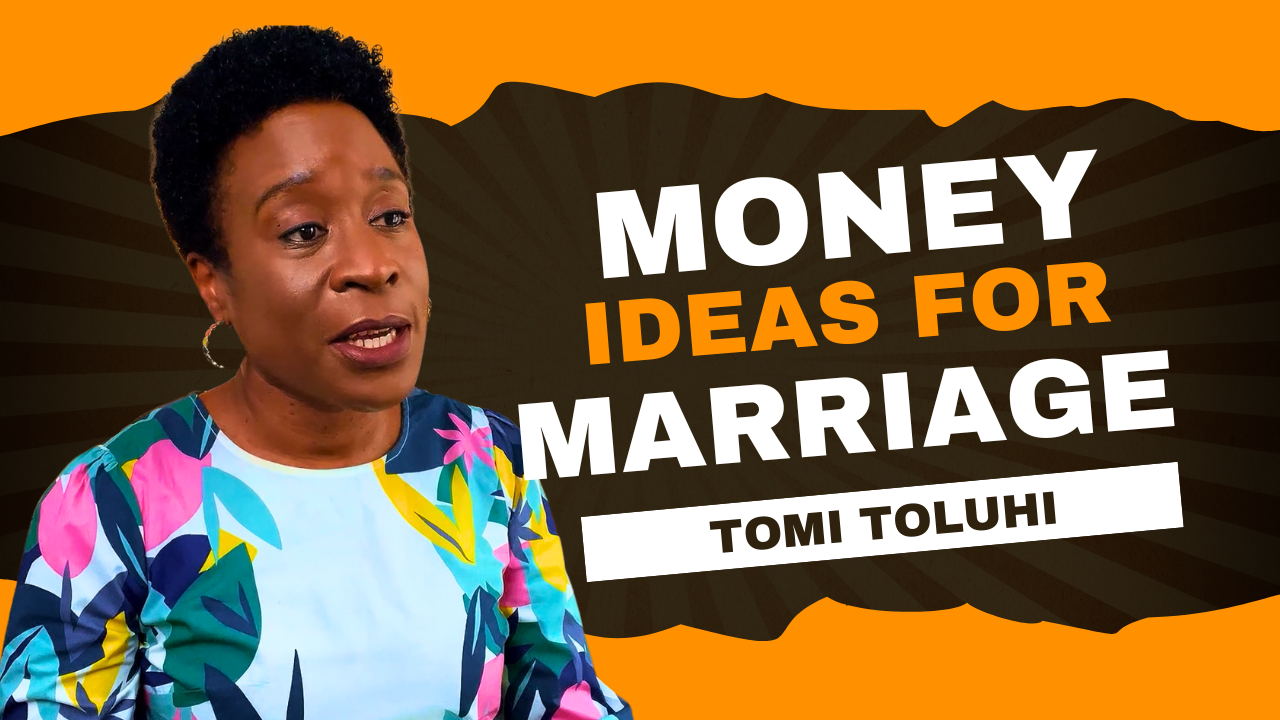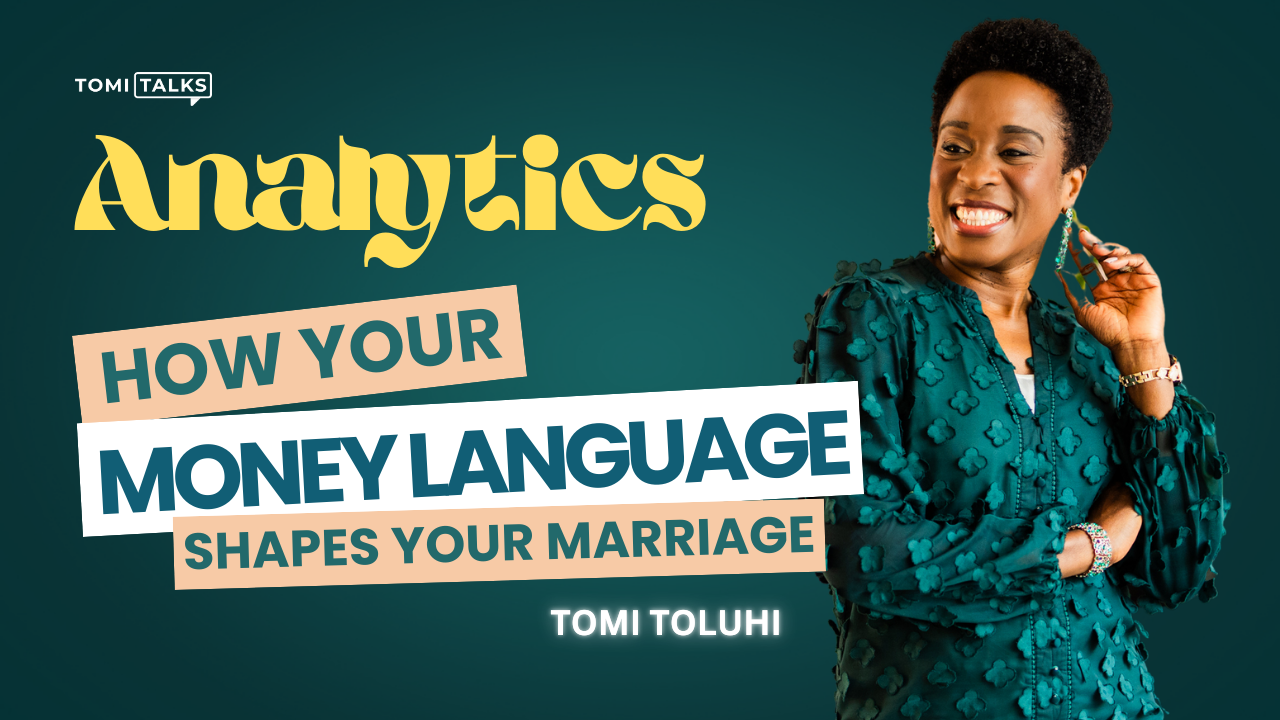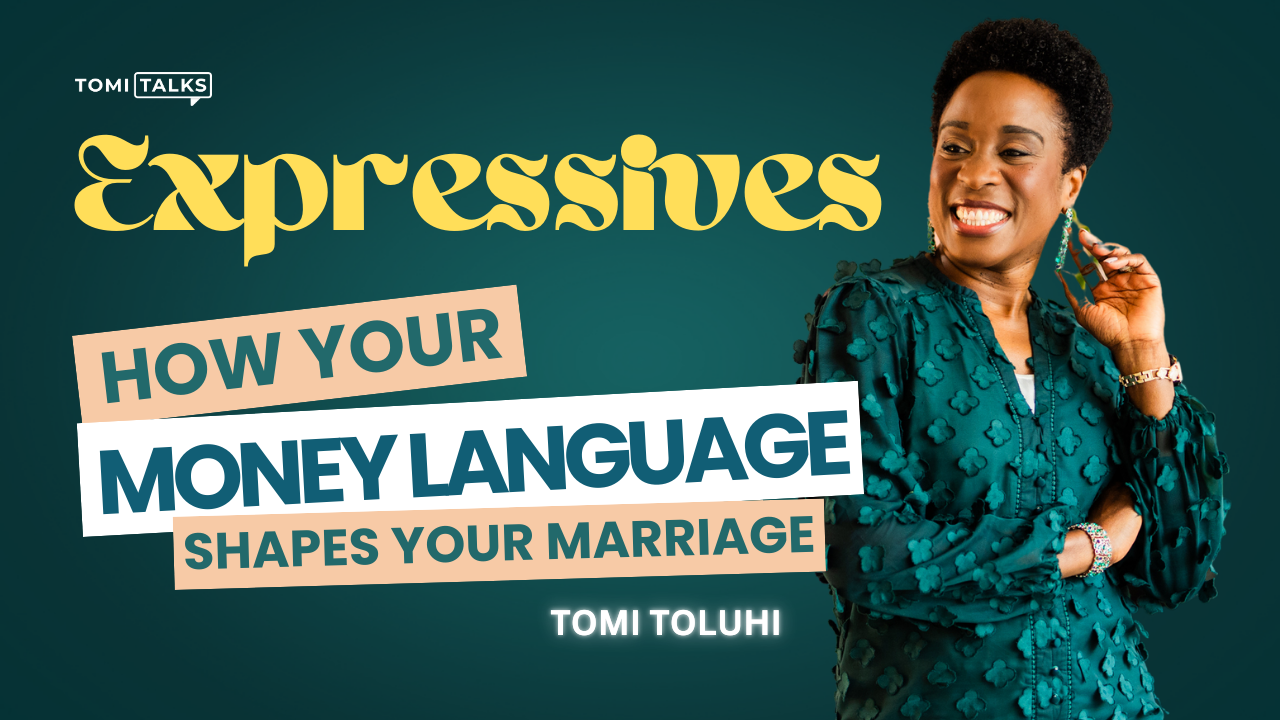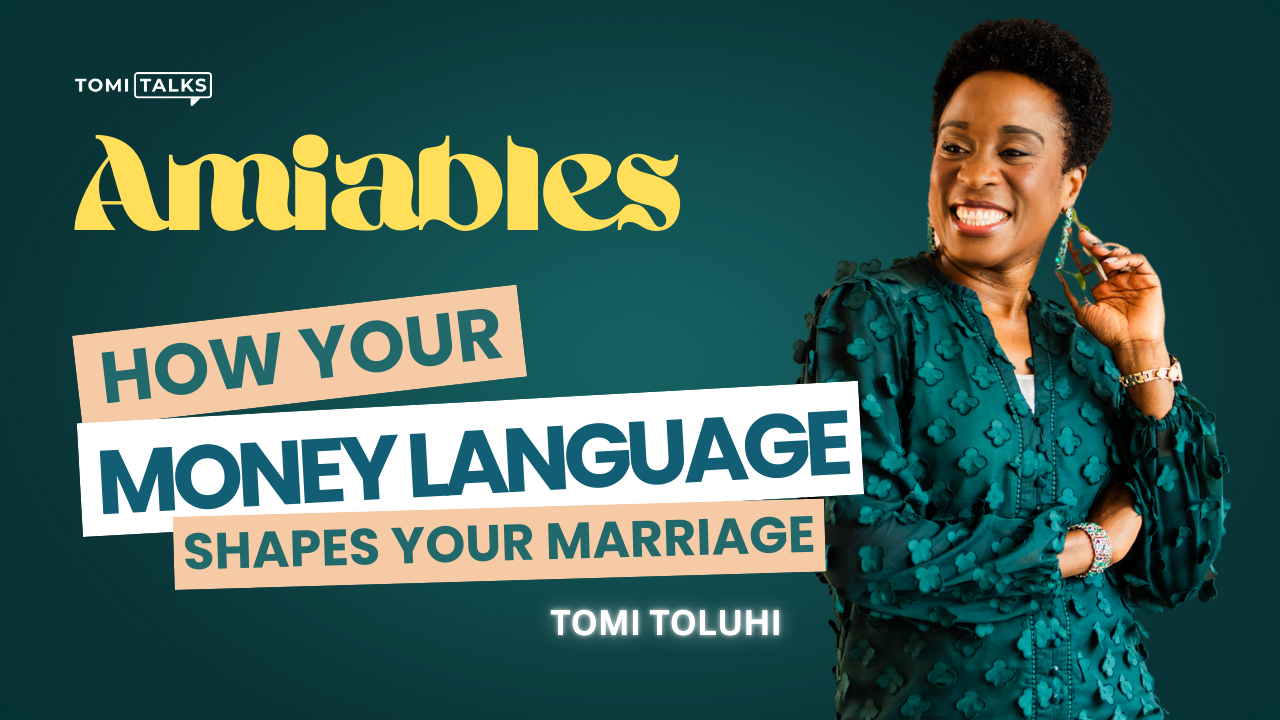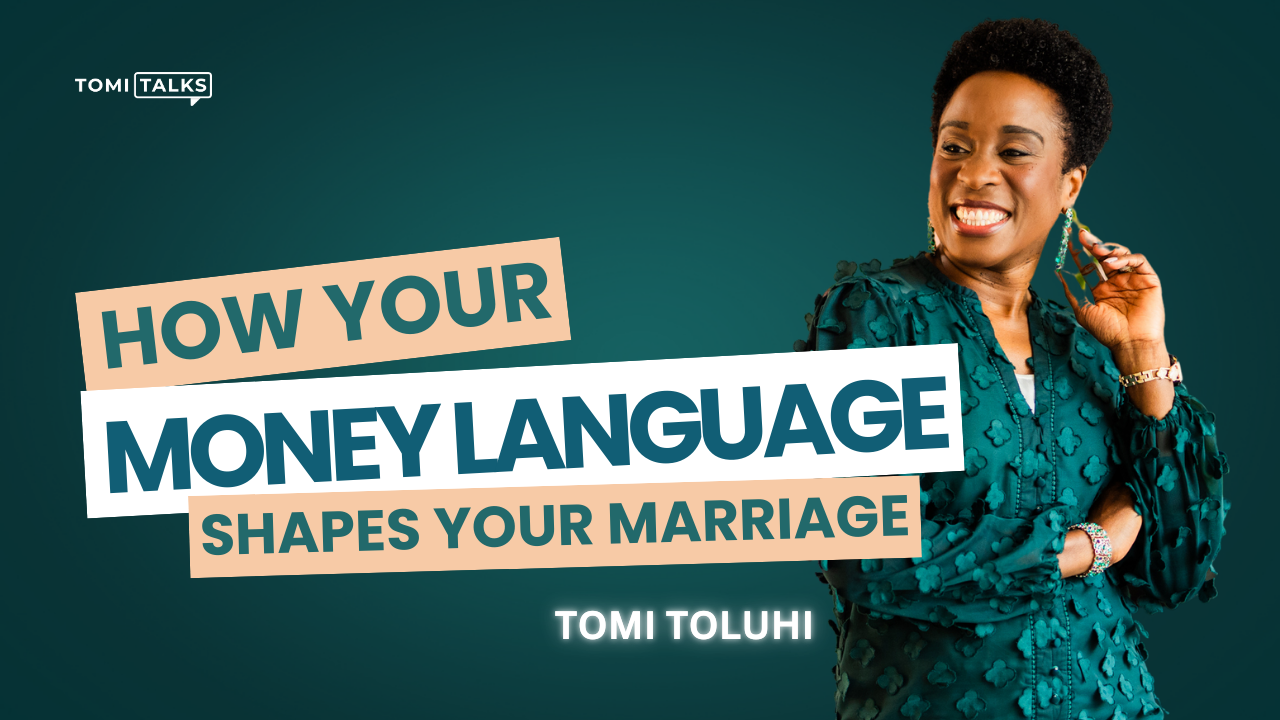How to eliminate avoidable conflict in marriage

A certain degree of conflict is good and healthy in a relationship. However, if your marriage is one long battle, when do you actually get to take off the boxing gloves and enjoy being married? Marriage was meant to be enjoyed not to be endured. There are some elements of endurance involved in any healthy marriage but the overarching theme should be enjoyment. Otherwise, why would anyone want to get married? God designed marriage to make our lives better, not bitter.
One of the keys to a happy marriage is eliminating avoidable conflict. Day to day living has more than enough sources of friction without adding in marital conflict that could have been avoided with a little foresight and wisdom. Your home should be your haven; a shelter from the storms of life and a place of rest and recuperation. This is why it pays to invest in a harmonious marriage.
Someone might be saying, ‘If my spouse did their part, our marriage would be harmonious’. Thinking like that will leave you feeling disempowered because the reality is that you have no control over your spouse’s behaviour. However, you do have control over yours so that’s where your focus should lie. Do your part to promote harmony in your marriage. Here’s how:
Start from a foundation of acceptance
Albert Einstein famously said, ‘Men marry women with the hope they will never change. Women marry men with the hope they will change. Invariably they are both disappointed.’ Whether or not this amusing theory stereotypes men and women is an argument for another day, but it does raise an interesting point – that disappointment and conflict are generally connected to an unexpected outcome. If you approach marriage from the standpoint of trying to change your spouse to suit your liking, you have just signed up for a whole range of avoidable conflict. When you treat your spouse like a makeover project, and it looks like your efforts to change him or her are not working, there is a tendency to be drawn into unnecessary conflict because of that. Conversely, when you start from a baseline of accepting your spouse as God’s gift to you, as they are, you open up yourself to being able to enjoy him or her genuinely. Happy marriages are not fault-free marriages; they are marriages where both parties have learnt to wholeheartedly embrace and value each other – faults and all.
Don’t fight your differences, adjust to them
Regardless of how ‘in love’ you are and how ‘well-matched’ you believe you are, you and your spouse are two completely different people with varying temperaments, backgrounds, interests, experiences and expectations. These differences can be a source of great annoyance in your marriage or they can be a source of endless enjoyment and variety. The choice is yours to make. I read a quote from John Fischer which says it all. ‘The success of a marriage comes not in finding the perfect person but in the ability of both partners to adjust to the real person they inevitably realise they married. Some people never make this adjustment and become trapped in the endless search after an image that doesn’t exist.’ If you needed someone like you in your life, you would probably have married someone like you. The reason why you were attracted to your spouse in the first place was because they had some traits which were different from yours – and that intrigued you! Don’t lose that fascination.
Be realistic in your expectations
No human being is equipped to think and behave exactly as you would like them to 24/7. Your spouse is human, not a robot, so he or she is not going to anticipate your every desire even before you think them and rush to meet those desires. Consider this typical scenario. You come home, weary and discouraged after a hard day at work. You are just waiting for your spouse to ask how your day was so you can unload all your concerns. He or she seems to be distracted and does not tune into your immediate need. What do you do? If you allow yourself, within half an hour you can descend into a spiral of ‘He really doesn’t care’ or ‘She’s too self-absorbed to think about me’. You can choose to withdraw and wait for your spouse to notice how you are feeling – or you can consider for a moment that your spouse might not have had a great day themselves and reach out. Managing your expectations can make all the difference between a mutually supportive evening with your spouse and a draining face-off.
In her peculiarly insightful and characteristically frank manner, Ruth Bell Graham, the late wife of Billy Graham had this to say about unrealistic expectations. ‘I pity the married couple who expect too much from one another. It is a foolish woman who expects her husband to be to her that which only Jesus Christ Himself can be: ready to forgive, totally understanding, unendingly patient, invariably tender and loving, unfailing in every area, anticipating every need, and making more than adequate provision. Such expectations put a man under an impossible strain. The same goes for the man who expects too much from his wife.’
I couldn’t have said it better myself! Unrealistic expectations are an exercise in futility. Don’t sacrifice your present joy on the altar of unrealised hopes. Free your spouse to be the best version of themselves they can be and make up your mind to enjoy life together, as it is.
Which one of these tips resonates with you the most? What do you need to begin to do to eliminate avoidable conflict from your marriage? Leave me a comment on Facebook.
